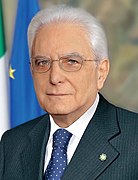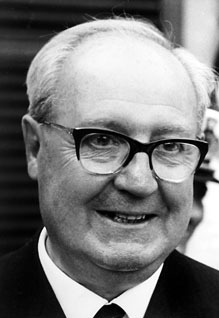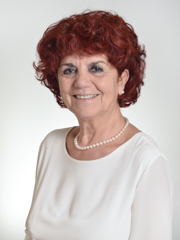| ||||||||||||||||||||
1009 voters: 315 Senators, 6 Senators for life, 630 Deputies and 58 regional representatives 673 or 505 votes needed to win | ||||||||||||||||||||
|---|---|---|---|---|---|---|---|---|---|---|---|---|---|---|---|---|---|---|---|---|
| ||||||||||||||||||||
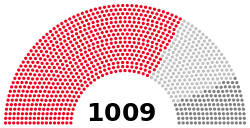 Composition Mattarella 665 Others 212 Invalids, blanks 132 | ||||||||||||||||||||
| ||||||||||||||||||||
The Italian presidential election of 2015 was held on 29–31 January, following the resignation of incumbent President Giorgio Napolitano on 14 January 2015. The office was held at the time of the election by Senate President Pietro Grasso in an acting capacity. Only members of Italian Parliament and regional delegates are entitled to vote. As head of state of the Italian Republic, the President has a role of representation of national unity and guarantees that Italian politics comply with the Italian Constitution, in the framework of a parliamentary system.

Giorgio Napolitano, is an Italian politician who served as the 11th President of the Republic from 2006 to 2015, and the only Italian President to be reelected to the Presidency. Due to his monarchical style and his dominant position in Italian politics, critics often refer to him as Re Giorgio. He is the longest serving President in the history of the modern Italian Republic, which has been in existence since 1946.
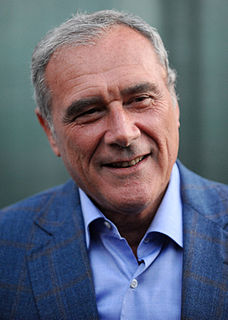
Pietro Grasso, also known as Piero Grasso, is an Italian anti-mafia magistrate and politician who served as President of the Senate from 2013 to 2018.

The Italian Parliament is the national parliament of the Italian Republic. The Parliament is the representative body of Italian citizens and is the successor to the Parliament of the Kingdom of Sardinia (1848–1861) and the Parliament of the Kingdom of Italy (1861–1946). It is a bicameral legislature with 945 elected members and a small number of unelected members (parlamentari). It is composed of the Chamber of Deputies, with 630 members (deputati) elected on a national basis, and the Senate of the Republic, with 315 members (senatori) elected on a regional basis, plus a small number of senators for life, either appointed or ex officio. The two houses are independent from one another and never meet jointly except under circumstances specified by the Constitution.
Contents
On 31 January, at the fourth round of voting, Constitutional Court Judge Sergio Mattarella was elected President with 665 votes out of 1,009.

The Constitutional Court of the Italian Republic is the highest court of Italy in matters of constitutional law. Sometimes, the name Consulta is used as a metonym for it, because its sessions are held in Palazzo della Consulta in Rome.

Sergio Mattarella is an Italian politician, lawyer and academic serving as the 12th and current President of Italy since 2015. He was previously Minister for Parliamentary Relations from 1987 to 1989, Minister of Public Education from 1989 to 1990, Deputy Prime Minister of Italy from 1998 to 1999 and Minister of Defence from 1999 to 2001. In 2011, he became an elected judge on the Constitutional Court. On 31 January 2015, he was elected by the Italian Parliament to serve as President of the Italian Republic.
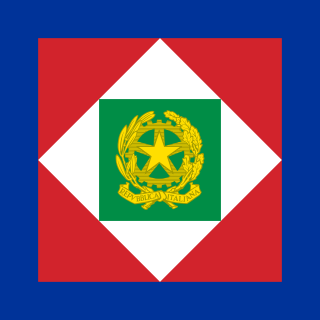
The President of the Italian Republic is the head of state of Italy and in that role represents national unity and guarantees that Italian politics comply with the Constitution. The President's term of office lasts for seven years. The 11th President of the Republic, Giorgio Napolitano, was elected on 10 May 2006 and elected to a second term for the first time in Italian Republic history on 20 April 2013. Following Napolitano's resignation, the incumbent President, former Constitutional judge Sergio Mattarella, was elected at the fourth ballot with 665 votes out of 1,009 on 31 January 2015.
